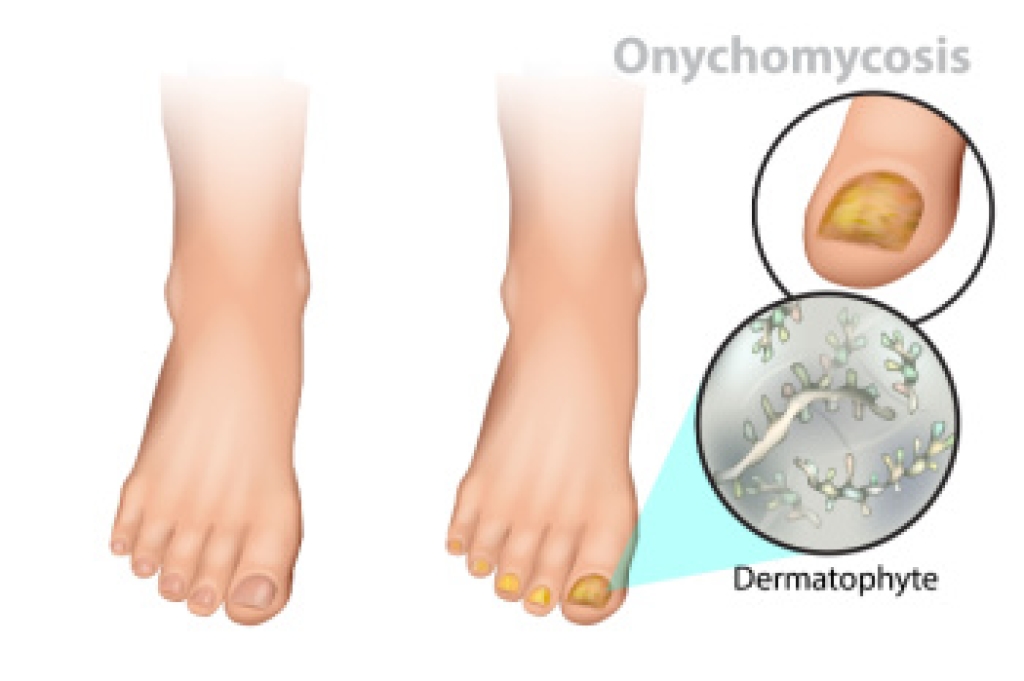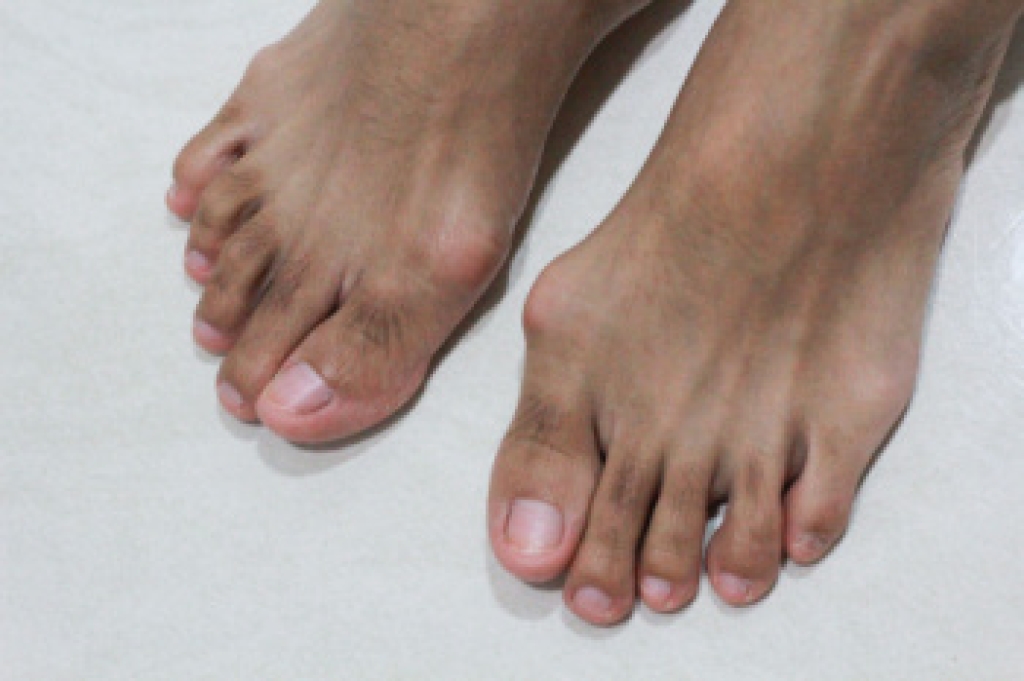
Toenail fungus is an infection that develops when fungi enter the nail through small cracks, causing changes in color, thickness, and texture. Risk factors include aging, excessive moisture, poor circulation, and a weakened immune system. Coexisting conditions such as diabetes and vascular disease increase vulnerability. Common symptoms include discoloration, crumbling edges, thick nails, and a foul odor. Causes often involve walking barefoot in damp public areas or wearing tight shoes that trap moisture. A podiatrist can diagnose the condition, provide advanced treatment options, and prevent the infection from spreading. If you have signs of toenail fungus, it is suggested that you schedule an appointment with a podiatrist who can offer effective treatment solutions that will restore healthy nails and protect your overall foot health.
For more information about treatment, contact Daniel Bell, DPM of Florida. Our doctor can provide the care you need to keep you pain-free and on your feet.
Toenail Fungus Treatment
Toenail fungus is a condition that affects many people and can be especially hard to get rid of. Fortunately, there are several methods to go about treating and avoiding it.
Antifungals & Deterrence
Oral antifungal medicine has been shown to be effective in many cases. It is important to consult with a podiatrist to determine the proper regiment for you, or potentially explore other options.
Applying foot powder on the feet and shoes helps keep the feet free of moisture and sweat.
Sandals or open toed shoes – Wearing these will allow air movement and help keep feet dry. They also expose your feet to light, which fungus cannot tolerate. Socks with moisture wicking material also help as well.
If you have any questions please contact our office located in Pembroke Pines and Plantation, FL . We offer the newest diagnostic and treatment technologies for all your foot and ankle needs.




